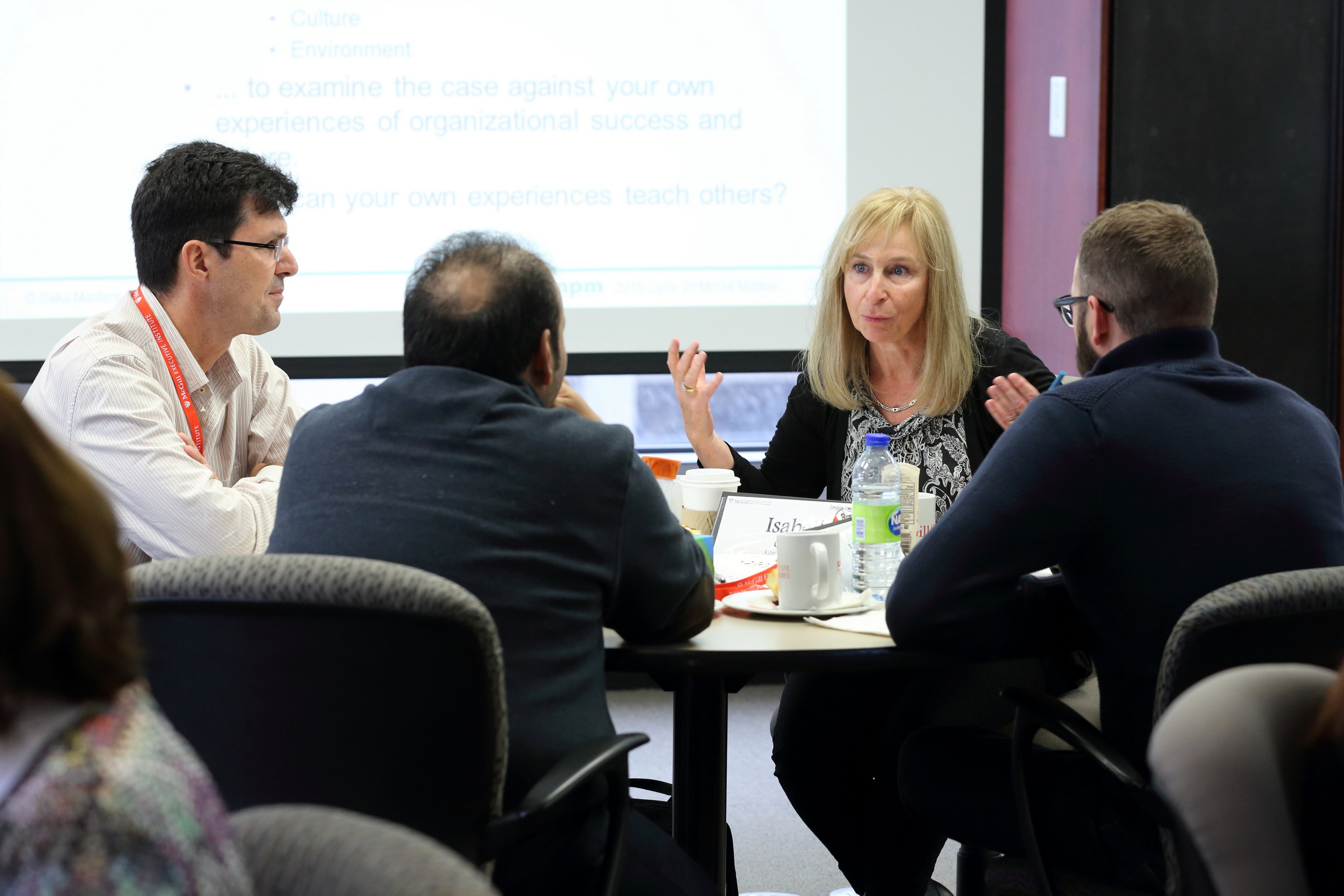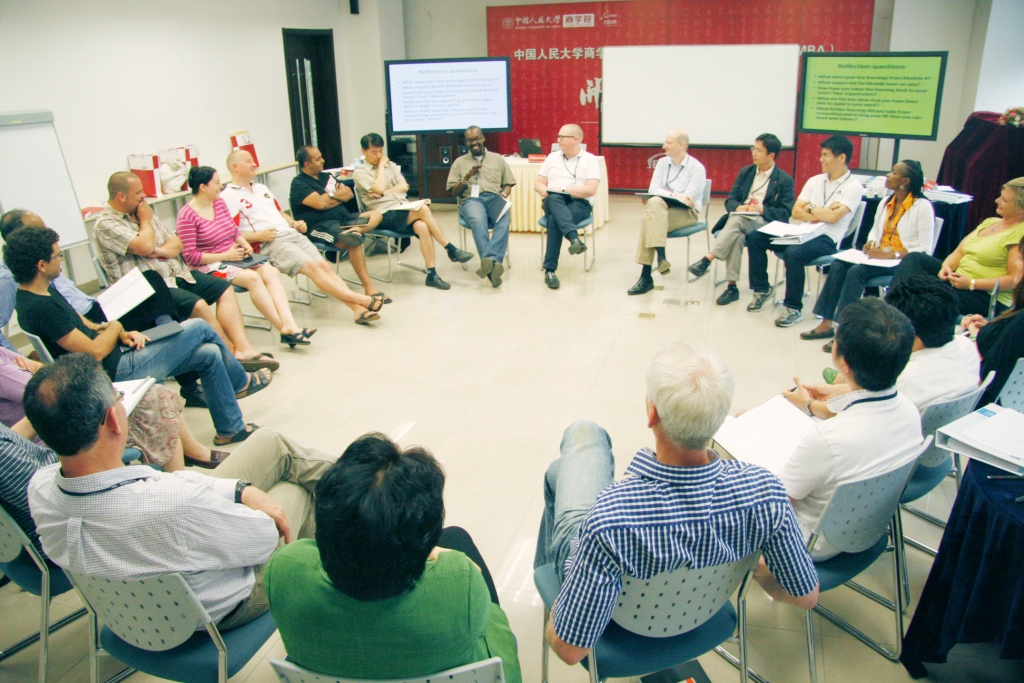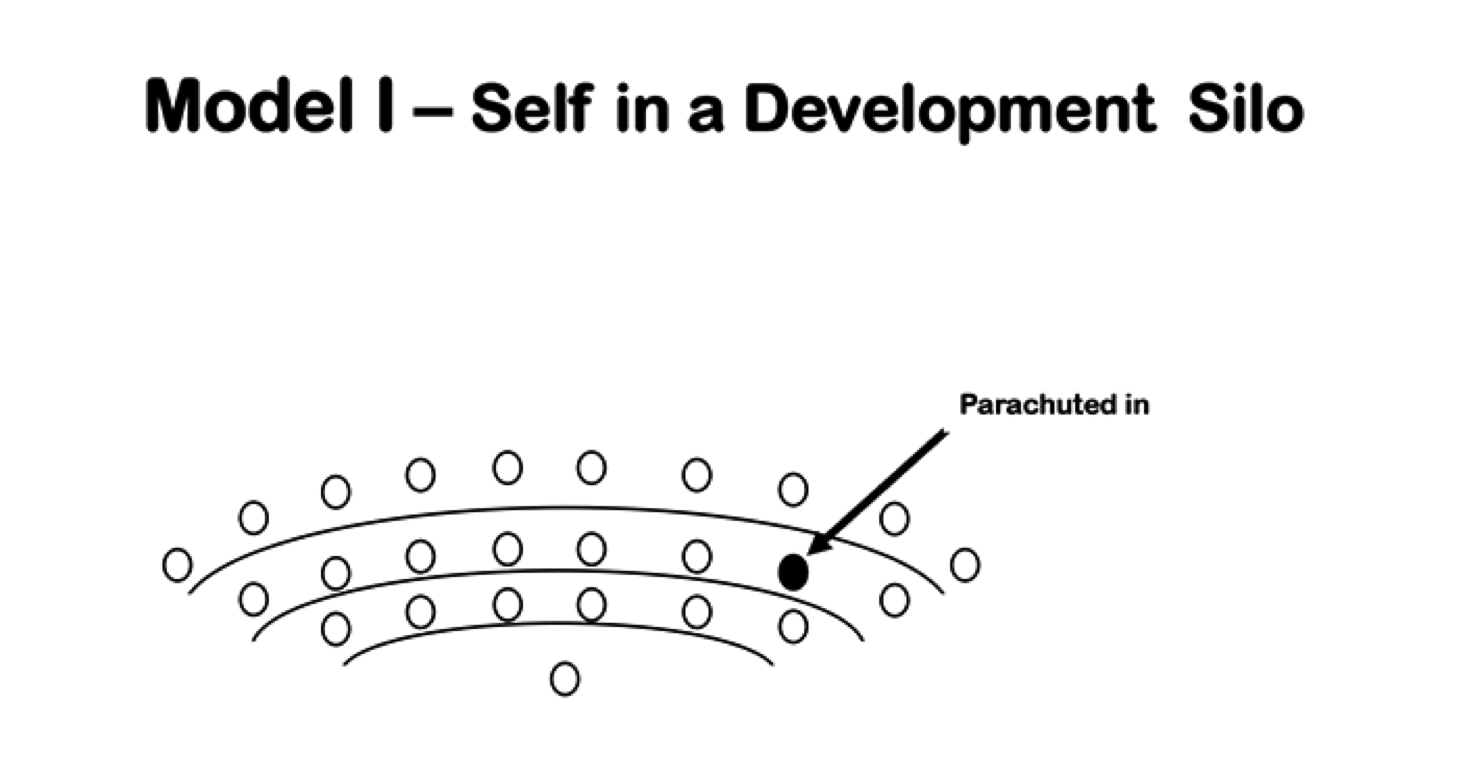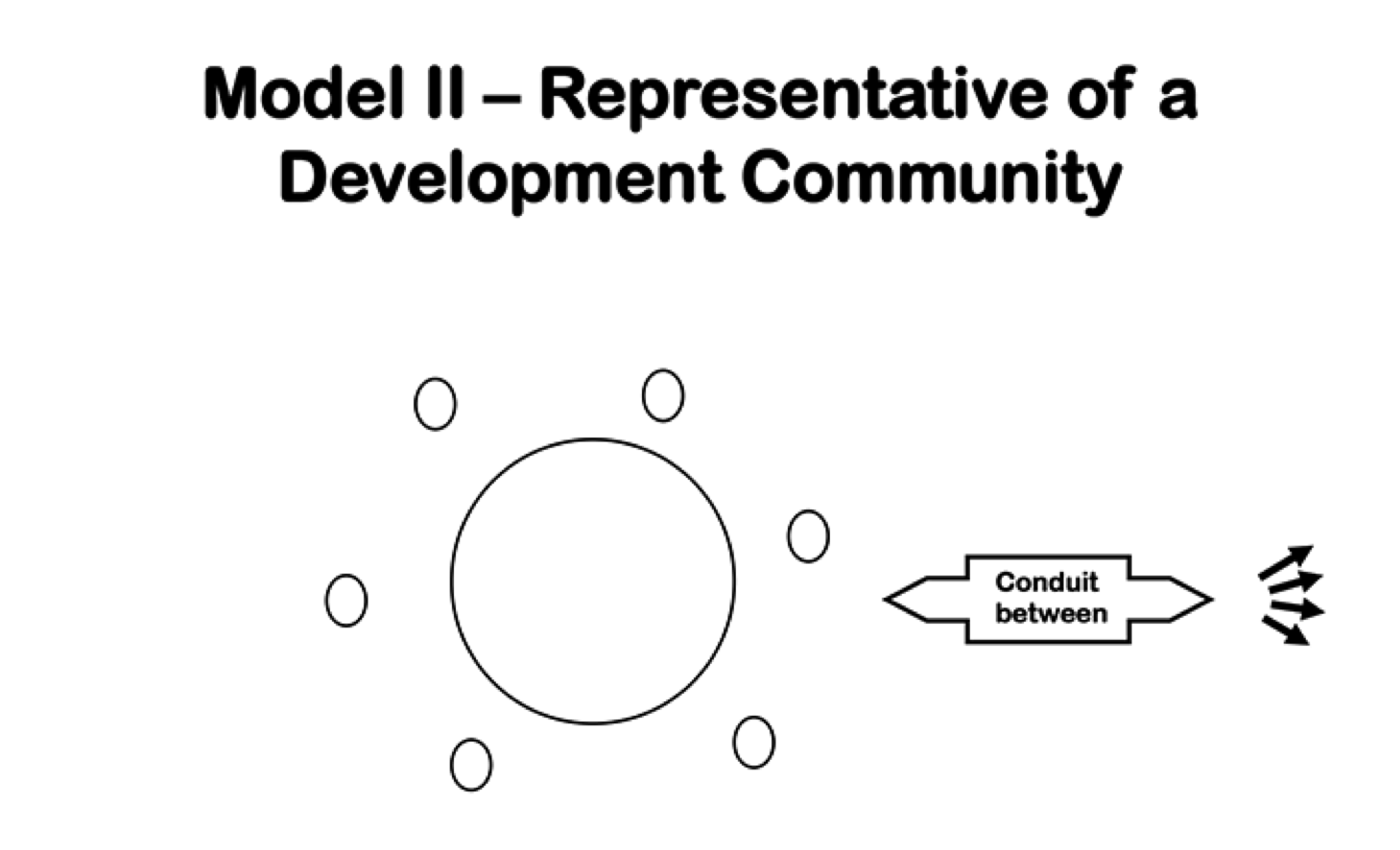How about an “emba” that engages managers beyond administration
7 February 2017There is plenty of business education, but hardly any management education. What, then, are you to do as a manager performing quite well, thank you, only to be repeatedly bypassed by MBAs who screw up? Join them by getting an EMBA and then do damage control?
Do you really want to sit in a nice neat row listening to lectures about action and engagement? Or pronounce on cases in companies that you never hear of before yesterday while your own first-hand experience is being ignored? Is it just the administration of business that interests you, or the practice of managing?
For years, I went around giving talks at business schools about what’s wrong with MBA education for management: that it trains the wrong people in the wrong ways with the wrong consequences.1 The people are too young: a manager can’t be created in a classroom. This makes the ways too analytical: since the faculty can hardly address the art and craft of managing with these people (let alone by themselves), they have to rely on teaching them technique, or else use the second-hand experience of cases. And by giving the students the impression that this has taught them to manage everything, whereas in actual fact they have learned to manage nothing, the consequences are often dire: the dirty little secret of even the best business schools is that too many of their graduates fail, even as CEOs. (Some surprising facts on this in an upcoming TWOG.)
Eventually people started asking me the question that should never be asked of an academic. “What are you doing about it?” (We’re supposed to criticize, not do anything about anything.) Duly embarrassed, I teamed up with colleagues from leading schools around the world to create the International Masters Program for Managers (impm.org). Think of it as another kind of “emba”: engaging managers beyond administration.
While a manager cannot be created in a classroom, people who practice management can benefit enormously in a classroom that encourages them to reflect on their own experience and share their insights with each other. T.S. Eliot wrote in one of his poems that “We had the experience but missed the meaning.” This program is about managers getting the meaning of their experience.
Accordingly, the managers who participate in the impm (average age in their 40s) stay on the job—this is about doing a better job more than getting a better job—and come into the classroom for five modules of 10 days each over the course of 16 months. These focus, not on the functions of business (marketing, finance, etc.), but on the mindsets of managing: reflection (managing yourself, hosted by Lancaster University in England), analysis (managing organizations, hosted by my university, McGill, in Montreal), worldliness (managing context, hosted by the Indian Institute of Management in Bangalore), collaboration (managing relationships, hosted by Renmin University in Beijing), and action (managing change, hosted by the FGV school in Rio de Janeiro).2
At the end of our very first module, on reflection, while everyone else was going around saying “It was great meeting you!”, Alan Whelan, a sales manager at BT, was saying: “It was great meeting myself!” We were off to a good start!
We have a 50:50 rule in our five classrooms: half the time it’s over to the managers on their agendas. Hence they sit at round tables in a flat room so they can go in and out of workshops at a moment’s notice. No need to “break out.” 
These managers are not lone wolves parachuted into class to sit in selfie-silos, as shown in Model 1. They are colleagues in a community of social learning, engaged in their common development, as shown in Model 2.
This arrangement has opened the door to a variety of novel practices.
• “This is the best management book I ever read”, IMPM graduate Silke Lehnhardt told colleagues at Lufthansa who were about to start the program. She was holding up her Insight Book, which was empty when she first received it. Every day begins with morning reflections, first alone as everyone records in that book thoughts about the learning and their managing—on the job, in the business, in their life. Then they share these thoughts with colleagues around their table, followed by discussion in a big circle of the most compelling of their insights. Shouldn’t every manager’s best book be the one that they have written for themselves? 
• It is intriguing what can happen in friendly consulting, where the concerns of each manager become the focus of attention of a small group of empathetic colleagues. One manager’s boss quit suddenly during the program, and she was struggling with whether to take that position. The hour of friendly consulting proved so helpful that they kept going over lunch.
• Mayur Vova was running his jam and jelly company in Pune, India, while Françoise LeGoff was number two on the Africa desk at the Red Cross Federation in Geneva. They did the very first managerial exchange together, where the IMPM managers pair up and spend the better part of a week at each other’s workplaces. When the two of them arrived at the next module, they couldn’t wait to talk about their experience. At the start of that week, Mayur saw Françoise typing and asked: “Can’t a secretary do that?” Welcome to the worldly mindset: Geneva is not Pune! (That’s why we call it worldly, not global: the IMPM is not about becoming cookie cutter global, but about getting into other people’s worlds to better understand their own.) On the last day, Mayur told Françoise that he would be happy to meet with any of her staff. All of them lined up to convey through him their impressions of her management style. Better than a 360! Mayur “was like a mirror for me,” Françoise reported.
• We encourage the managers to form an IMPact team back at work, to carry the learning into the company for sharing and action. In one small company that had run into a serious problem, the manager in the program, who had to pick up the pieces, formed such a team. He told us it saved the company.
The IMPM has been slow to spread to more conventional business schools, perhaps because they are too busy teaching cases about how the established companies missed the new technology. Is this the new technology? You have to see it to believe it.3 (The next IMPM class begins on May 15. Read also about the health care version, at mcgill.ca/imhl.)
The MBA is fine so long as it is recognized for what it does well, namely train people for certain specialized jobs in business (such as marketing research or financial analysis). But it also has to be recognized for what it does badly, namely prepare people to manage. Beyond the MBA, it’s time for management education.


© 2014, 2017 Henry Mintzberg. This is a revision of a TWOG that first appeared on 19 December 2014. For more on all this, please see “Looking Forward to Development” (Training & Development, 13 February 2011), “From Management Development to Organization Development with Impact” (OD Practitioner, 2011,Vol. 43 No. 3), and “Developing Naturally: from management to organization to society to selves”
1 See Chapters 1-6 of my book Managers not MBAs (Berrett-Koehler, 2004).
2 See Gosling and Mintzberg, “The Five Minds of a Manager”, Harvard Business Review (November 2003).
3 Phil LeNir saw it, and took it in a different direction, out of the university. He was an engineering manager at a high tech company, concerned about developing his young managers, but with no budget for this or help from HR. He asked me what to do and I suggested that he get them together periodically for reflections and the sharing of experience. Over the course of two years, that worked so well—some of these managers started to do the same thing with their people—that we set up CoachingOurselves.com as a kind of do-it-yourself management development program. Now groups of managers in their own workplaces are downloading topics and engaging in social learning to address their common concerns. The IMPact group mentioned above made extensive use of CoachingOurselves in turning around its company.